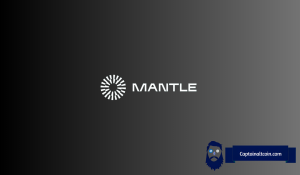0G Foundation, the body overseeing the development of the 0G ecosystem, has appointed Dr Jonathan Chang to its board of directors to help accelerate the adoption of decentralized artificial intelligence (DeAI).
Dr Chang, described by the foundation as a technologist, entrepreneur, educator, and researcher, will work to promote DeAI as a public good. His mandate includes engaging with policymakers, governments, and institutions, as well as funding education and research with universities.
Background in technology and finance
Before joining 0G Foundation, Dr Chang was CEO of Heritage Singapore, where he oversaw flagship cultural initiatives such as the Singapore Heritage Festival and Singapore Night Festival. He also previously served as CEO of Fintopia Indonesia, Southeast Asia’s largest micro-lending fintech platform, and as Chief Strategy Officer for Fintopia’s global operations.
Earlier roles include leadership positions at Shopify, Google for Education’s Next Billion Users initiative, and Singapore Management University’s Lien Centre for Social Innovation. He is also the author of Personal Branding: Crafting Your Path to Success.
Dr Chang studied at Harvard and Stanford before earning a doctorate in entrepreneurship education and policy from the University of Pennsylvania. At 0G Foundation, he will focus on expanding opportunities for students, developers, and startups to use 0G’s open-source stack to build AI-powered applications.
His appointment follows the launch of the Aristotle Mainnet, backed by validators, DeFi protocols, and developer platforms, as 0G works toward building an AI-native economy open to all.
Featured image via Shutterstock.
Source: https://finbold.com/jonathan-chang-joins-0g-foundation-board-to-drive-decentralized-ai-adoption/


